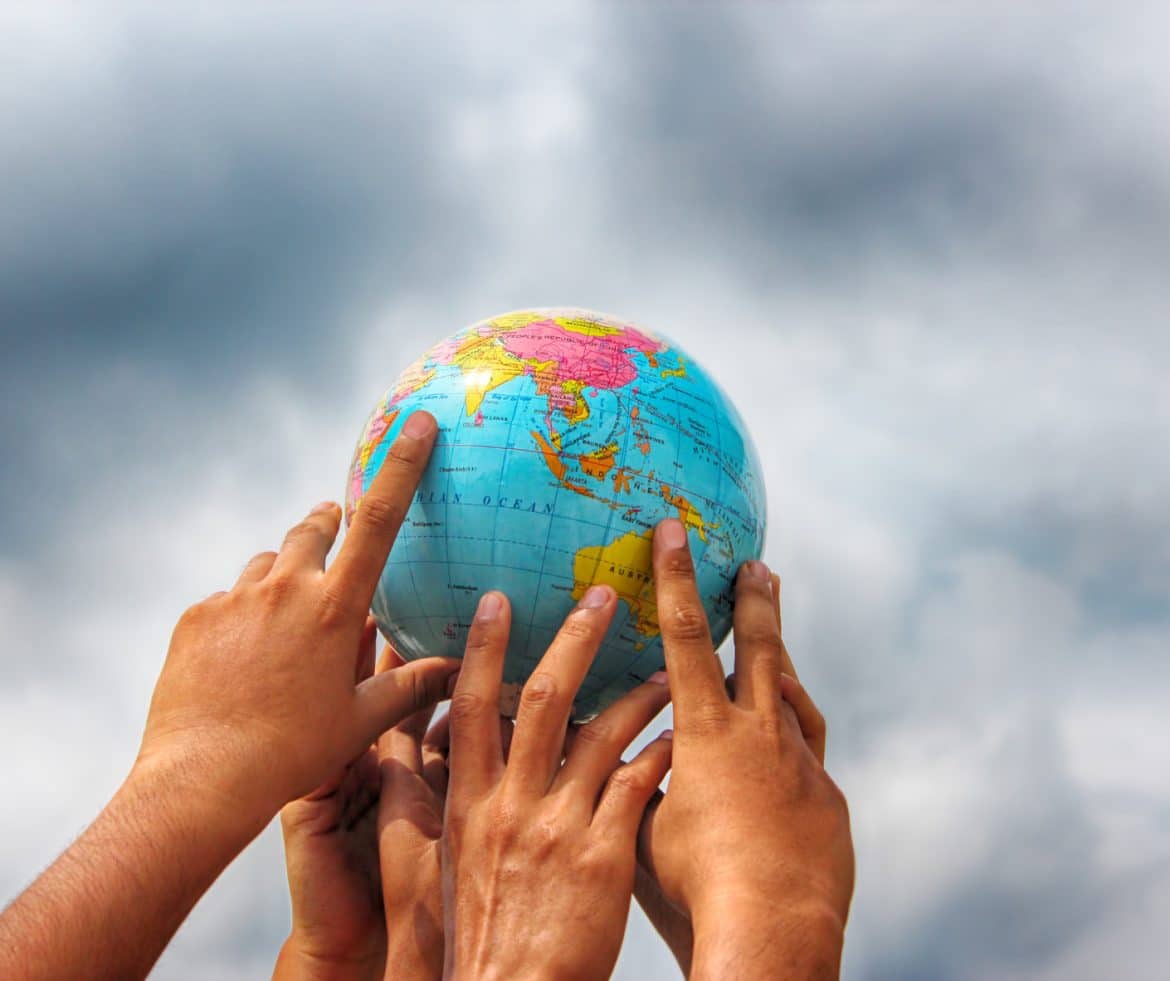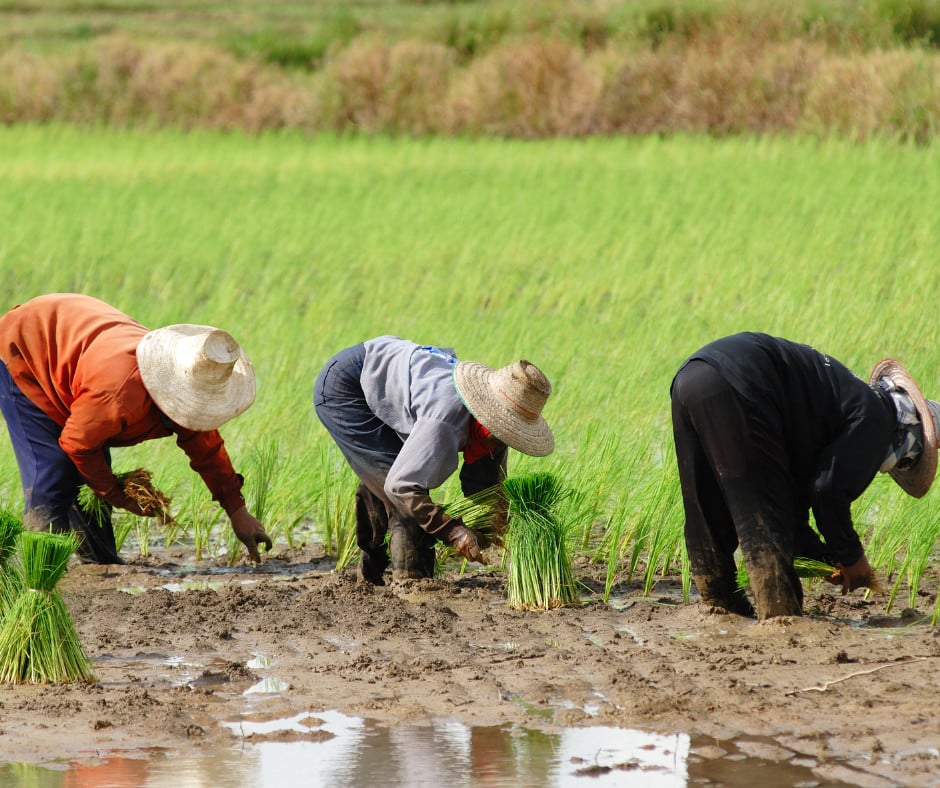Have you ever paused to consider the fundamental ways in which geography shapes our daily lives? While we might not always be conscious of it, the structure of the land, the climate we inhabit, and the resources available in our region play a crucial role in determining our lifestyles and opportunities.
Interestingly enough, geography also determines the history of a particular place.
When we were kids, we learned about all these things from the geography quiz for kids frequently happening in classes.
But as we grow older, we forget how knowing about the place’s geography can help you understand the nuances of the place in a better way.
So, let’s get started and learn various ways in about how the geography affects human life.
How Geography Affects People’s Lives
1. Climate and Resources
The availability of resources and the climate of a place primarily determine human civilization. For instance, cities near the banks of rivers are highly dependent on economic activities generated by the river, like boating, fishing, and tourist attractions.
On the other hand, high-tech cities like California have more corporates. This also affects the lifestyle of the people living there. Many people move to the state for its job market and opportunities, and there are several things to know about moving to California.
On the other hand, regions with arid climates, such as deserts, have different sets of challenges. In deserts, water scarcity and extreme temperatures limit the diversity of life and resources.
Yet, even in such challenging environments, we have found ways to extract and use resources for our good.
Several desert communities have developed specialized knowledge of water sources, which includes learning to cultivate crops that are drought-resistant and rearing livestock suited to harsh conditions.
Furthermore, coastal regions, shaped by their temperate climates, have unique ecosystems that support fisheries, maritime trade, and tourism.
2. Culture and Traditions
Geography not only affects the landscapes but also plays a crucial role in shaping the culture and traditions of that region.
Mountains, for instance, have long been revered as sacred spaces in various cultures.
Also, the Himalayas have a spiritual significance, influencing religions like Buddhism and cultural practices from Nepal to Bhutan.
Rivers, too, are not merely water bodies but acted as a key point around which civilizations have flourished.
The Nile in Egypt, for example, isn’t just a river; it’s the essence of Egyptian civilization, influencing everything from agriculture to religious beliefs.
So therefore, festivals, rituals, and ceremonies often find their roots in different geographical activities.
3. Opportunities and Challenges
The geography of a particular place also brings certain opportunities and challenges. Take, for instance, the vast coastal regions worldwide.
These areas are blessed with natural harbors and the easy maritime access that has always facilitated trade.
Cities like Hong Kong, New York, and Mumbai owe much of their economic growth to their locations, which helps them in global trade and commerce.
However, this proximity to the sea also exposes them to rising sea levels, natural disasters like tsunamis, and several maritime disputes.
Similarly, mountain regions also have their unique set of challenges. Communities in these areas often struggle with issues like limited productive land and difficult terrains that hinder infrastructure development and lead to more isolation.
Yet, these challenges have also forced innovation, with mountain communities developing unique agricultural practices, i.e., terraced farming.
4. Historical Movements and Settlements
Throughout history, geography has been key in shaping human movements and settlements.
For instance, consider the ancient Silk Road, a vast network of trade routes spanning thousands of miles, connecting the East and West, and were initially used to trade spices, silk, and precious metals.
The fertile banks of this mighty Nile River provided sustenance, helped in transportation, and inspired many religious and cultural practices centered around its waters.
In America, the Andean mountain ranges and the fertile valleys witnessed the rise of several empires like the Incas and the Aztecs, each adapting and thriving due to its geographical advantage.
However, geography also shaped various confrontations and promoted several conflicts.
Mountain passes like the Khyber in Hindukush mountain ranges and strategic locations like the Straits of Gibraltar became battlegrounds of several wars because of their key location.
5. Modern Implications
Surprisingly, geography also affects the digital connectivity that we are so reliant on these days.
Various data centers, which act as the backbone of the digital economy, are strategically located and decided based on several factors.
The factors affecting their locations are climate stability, energy availability, and connectivity hubs.
For instance, the chilly regions attract investments in data infrastructure due to their cool climate, ideal for cooling servers.
Moreover, as societies currently deal with migration, urbanization, and sustainability issues, knowing about geography helps offer crucial insights into movement patterns, resource distribution, and environmental impact.
There is a growing trend of re-emergence of local economies, driven by trends like “locally sourced” and “sustainable living,” reflecting a renewed appreciation for a place’s geography.
Conclusion
All in all, geography is not merely about maps and landforms; it affects human existence to a large extent, ranging from influencing civilizations, cultures, and economies.
We have seen that every geographical feature presents unique opportunities and obstacles, and as we navigate a rapidly changing digital world, understanding the fundamental impact of geography becomes crucial.
We are sure that you might have also noticed different cultures and societies being reliant solely on their geographical properties. Mention them in the comment section below!
Frequently Asked Questions
How Important is Geography to Our Everyday Lives?
Knowing about the geography of a place helps us to understand the people around us better. By knowing the geography of a place, we can understand their struggles, opportunities, living conditions, and about their main source of sustenance.
For instance, people living near the banks of rivers are most likely engaged in fishing, boating, or trading goods.
How Does Geography Influence Culture?
The environment, climate, resources, and terrain of a geographical region shape the way people live, work, and interact with each other. This, in turn, influences the customs, traditions, beliefs, and values that define their culture.
The amalgamation of different cultures makes a society. Hence, geography directly or indirectly affects the culture of a place.


